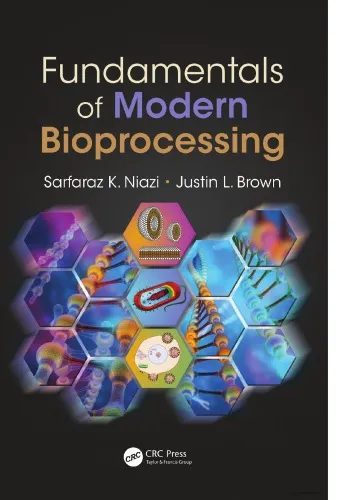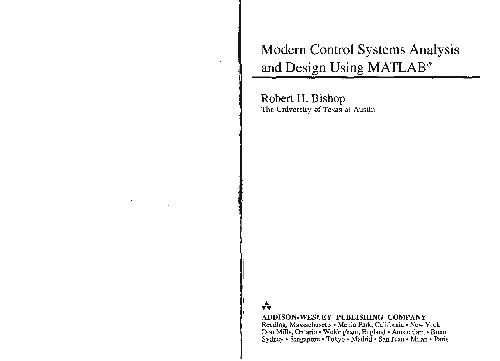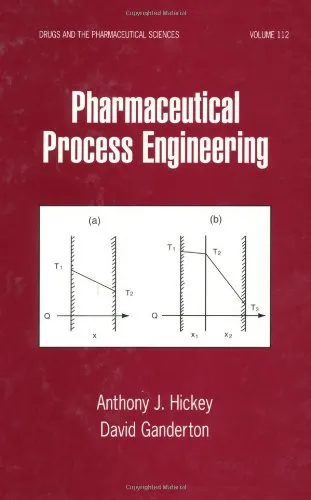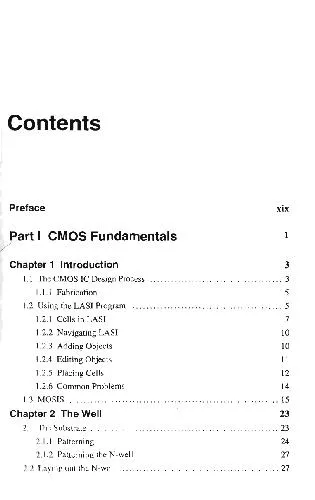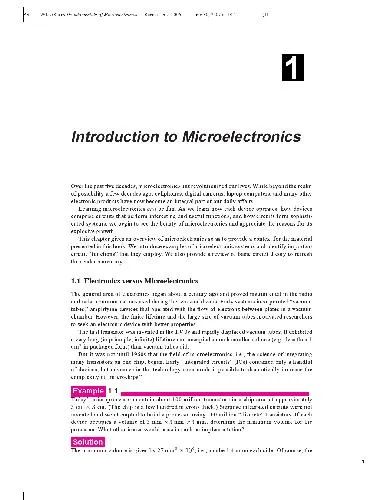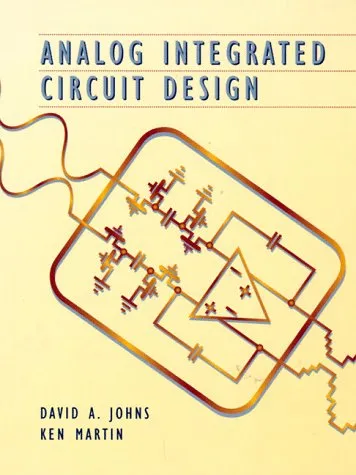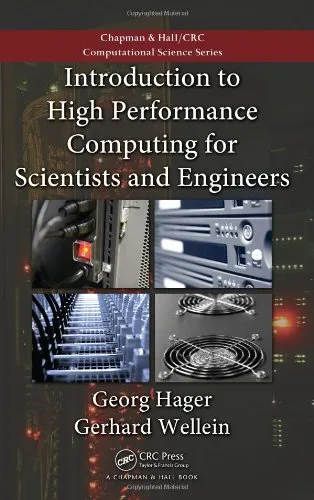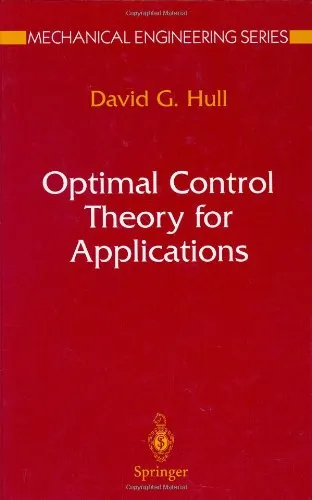Fundamentals of Modern Bioprocessing
4.5
Reviews from our users

You Can Ask your questions from this book's AI after Login
Each download or ask from book AI costs 2 points. To earn more free points, please visit the Points Guide Page and complete some valuable actions.Related Refrences:
Introduction to Fundamentals of Modern Bioprocessing
The field of bioprocessing is a cornerstone of biotechnology and molecular biology research, playing a critical role in the development of pharmaceuticals, biologics, and vaccines. Fundamentals of Modern Bioprocessing, written by Sarfaraz K. Niazi and Justin L. Brown, serves as a comprehensive guide for students, professionals, and researchers seeking to master the complexities of this essential discipline. With its unique blend of theoretical insights and practical applications, this book is a cornerstone of any bioprocessing curriculum or industry library.
Whether you are a novice looking for a foundational understanding or an expert aiming to refine your knowledge, this book walks readers through the principles, methodologies, and real-world challenges that define the bioprocessing industry. By covering everything from upstream processing to downstream purification, this book is an authoritative resource for navigating the dynamic and ever-evolving biotechnology landscape.
Detailed Summary of the Book
The text not only breaks down the fundamental principles of bioprocessing but also provides actionable knowledge for real-life applications. The authors have divided the book into sections that focus on upstream processes, downstream purification, process modeling, quality control, and regulatory considerations. It emphasizes the importance of innovation in bioprocess design while adhering to stringent industry standards.
Beginning with core scientific principles, this book explains cell culture, microbial fermentation, and genetic engineering techniques aimed at creating biopharmaceuticals. The upstream sections offer insights into various biological systems, from bacterial to mammalian, used for production, supported by case studies showcasing scalable successes.
In the downstream processes, advanced separation and purification methods are meticulously detailed. Topics like chromatography, ultrafiltration, and crystallization are discussed in depth to ensure product quality. Additionally, the book sheds light on cutting-edge techniques in bioprocess modeling, computer-aided process design (CAPD), and process intensification to meet modern demands for high efficiency and sustainability.
The regulatory and quality aspects are particularly important. FDA and EMA guidelines, Good Manufacturing Practice (GMP), and the challenges of achieving regulatory compliance are thoroughly dissected. This book is not just technical—its holistic perspective integrates ethical considerations and the societal implications of bioprocessing innovations.
Key Takeaways
Here are the most valuable insights and lessons you can expect to gain from this book:
- A comprehensive understanding of upstream bioprocessing technologies, including cell culture and fermentation methods.
- Detailed knowledge of downstream purification processes to ensure product integrity and scalability.
- State-of-the-art bioprocess modeling and design techniques to optimize efficiency and reduce costs.
- Insight into FDA, EMA compliance standards, and the importance of regulatory frameworks in biotechnology.
- An understanding of quality control principles, Good Manufacturing Practices (GMP), and risk mitigation strategies.
Famous Quotes from the Book
The authors provide numerous thought-provoking insights throughout the book. Here are a few memorable quotes to inspire readers:
"In an era of rapid technological advancement, bioprocessing encapsulates the delicate balance between scientific innovation and societal responsibility."
"The core of bioprocessing is not merely achieving efficiency, but ensuring safety, scalability, and sustainability in every system we design."
Why This Book Matters
Fundamentals of Modern Bioprocessing is more than just a textbook; it is a vital resource in a field that drives innovation in medical, environmental, and industrial applications. As the demand for biologics continues to grow, understanding bioprocessing technologies is of paramount importance. This book equips individuals with the knowledge and skills needed to thrive in roles that directly impact public health and environmental sustainability.
The bioprocessing landscape is highly dynamic, requiring the ability to adapt to new techniques, ethical considerations, and regulatory frameworks. This book serves as a roadmap in navigating these complexities, offering actionable strategies that are both practical and visionary. For professionals in the field, it is an indispensable tool to stay competitive. For students, it provides the foundational knowledge necessary to make informed, impactful contributions to the science of biotechnology.
Free Direct Download
You Can Download this book after Login
Accessing books through legal platforms and public libraries not only supports the rights of authors and publishers but also contributes to the sustainability of reading culture. Before downloading, please take a moment to consider these options.
Find this book on other platforms:
WorldCat helps you find books in libraries worldwide.
See ratings, reviews, and discussions on Goodreads.
Find and buy rare or used books on AbeBooks.
1398
بازدید4.5
امتیاز0
نظر98%
رضایتReviews:
4.5
Based on 0 users review
Questions & Answers
Ask questions about this book or help others by answering
No questions yet. Be the first to ask!
